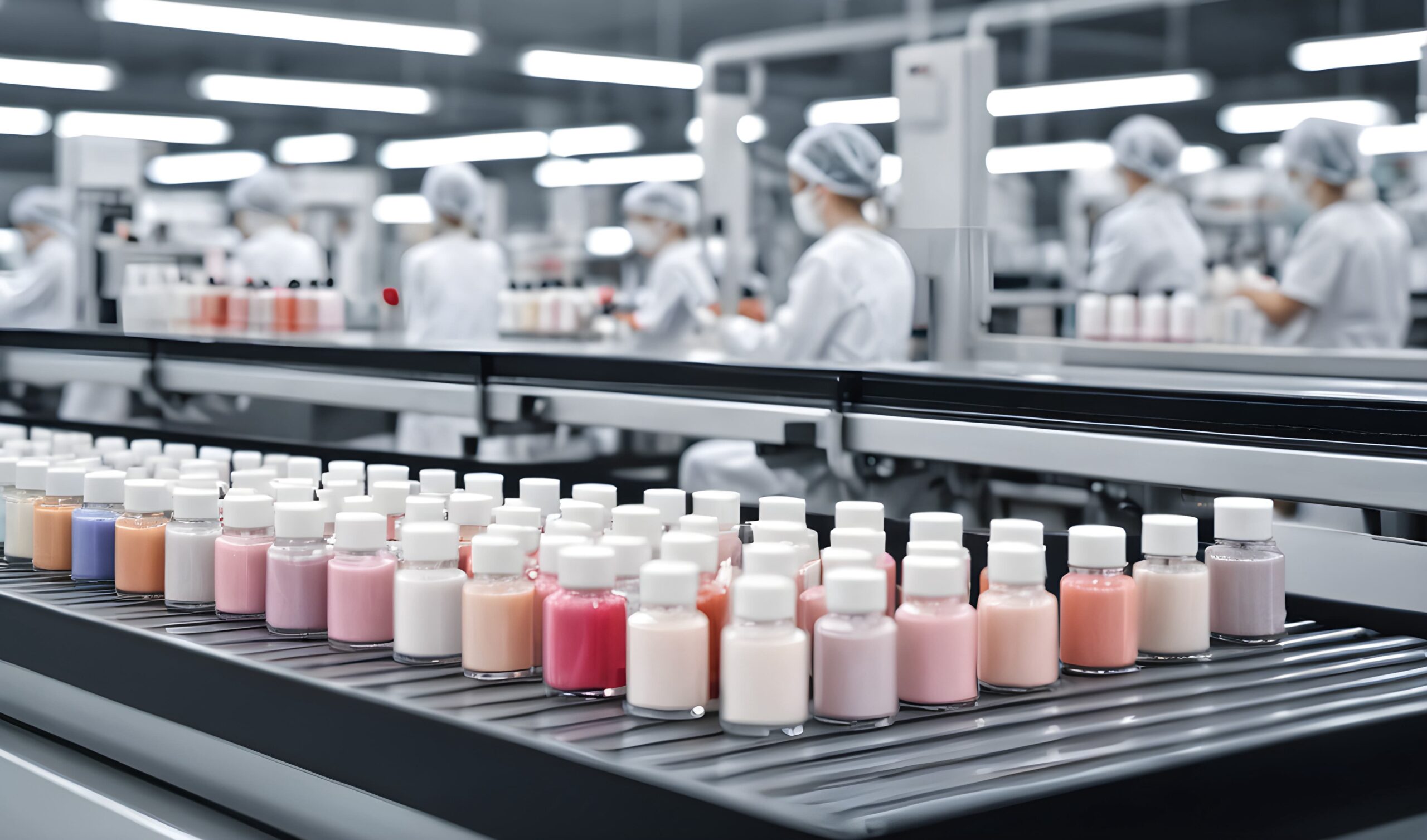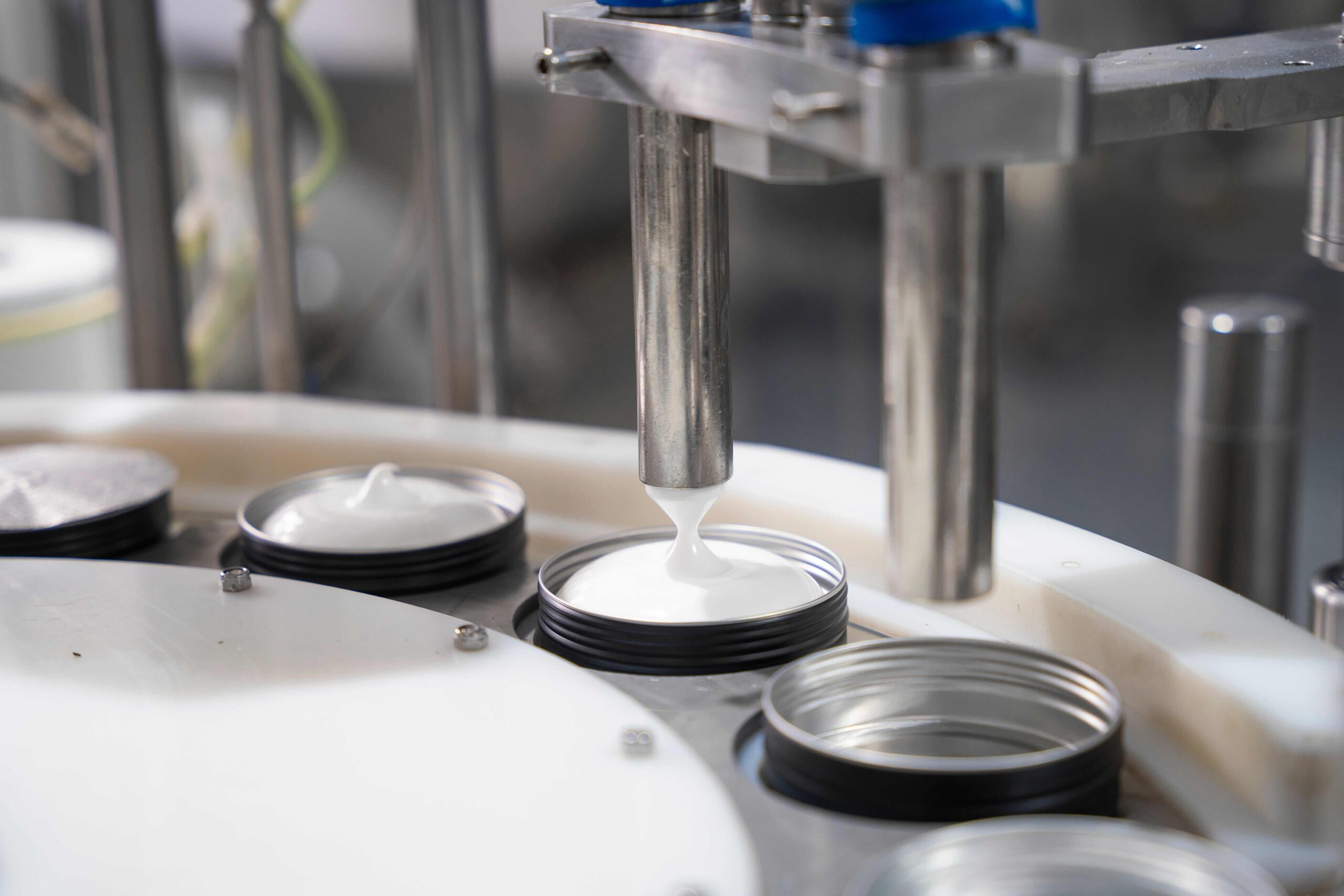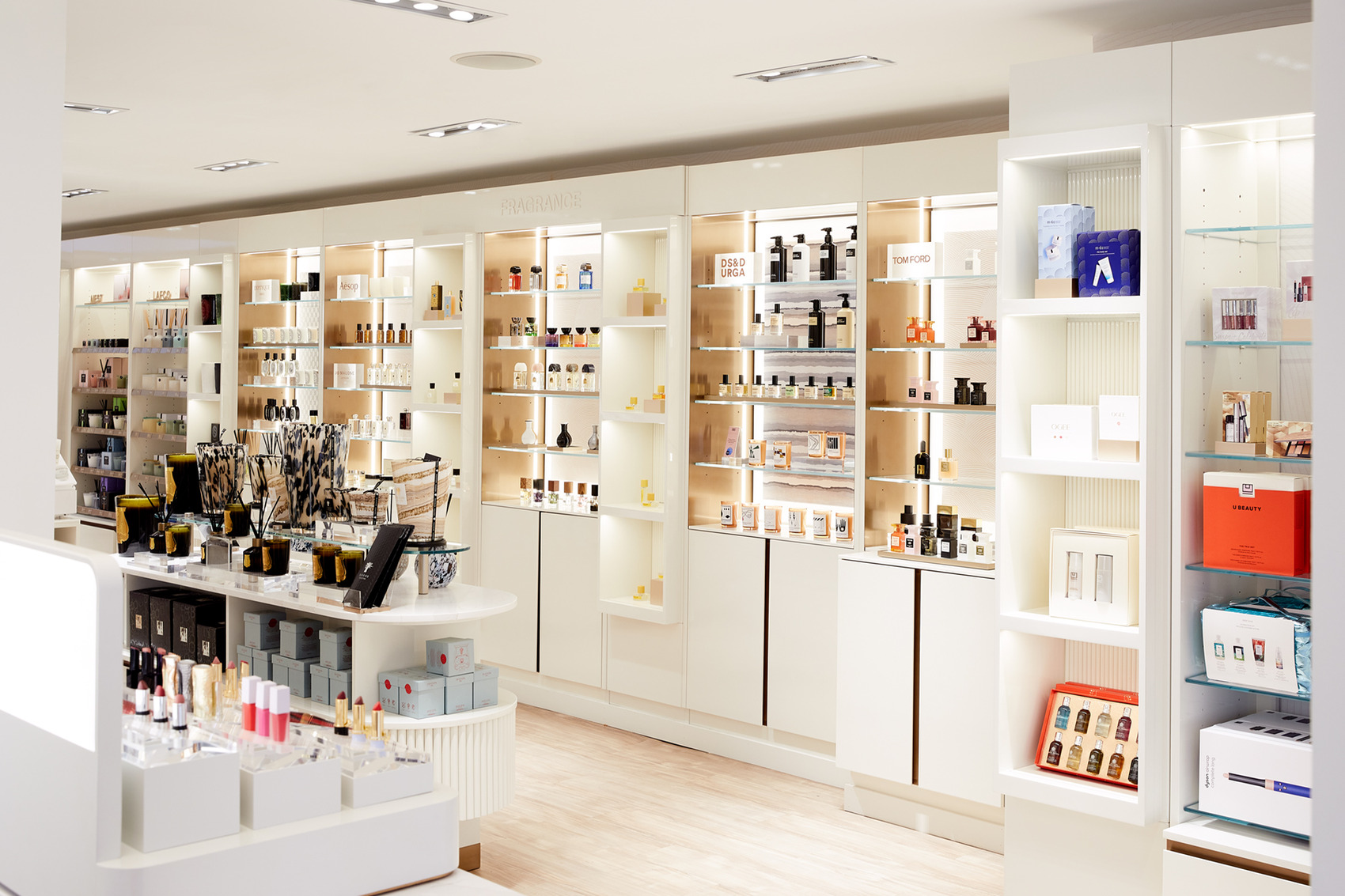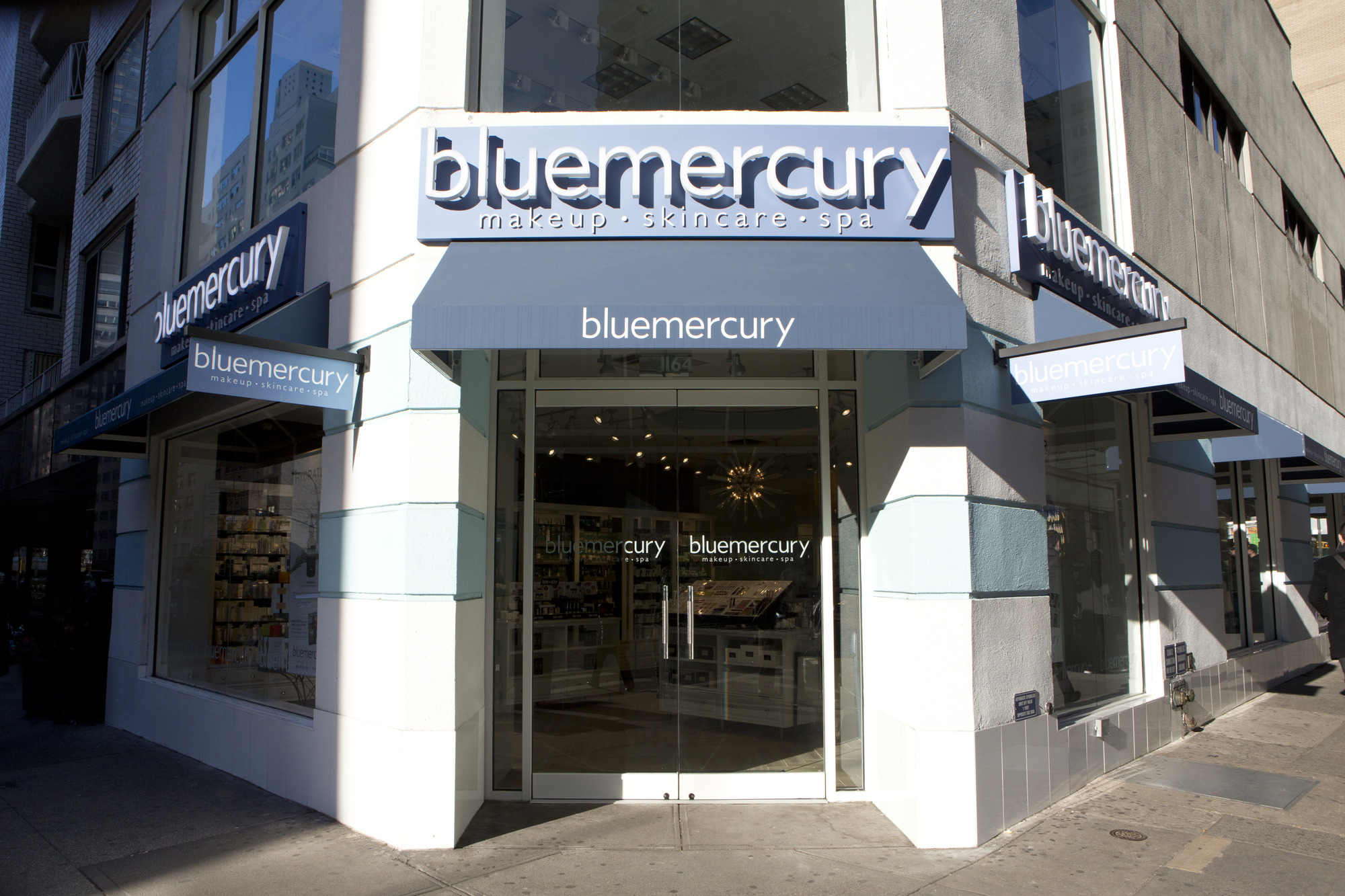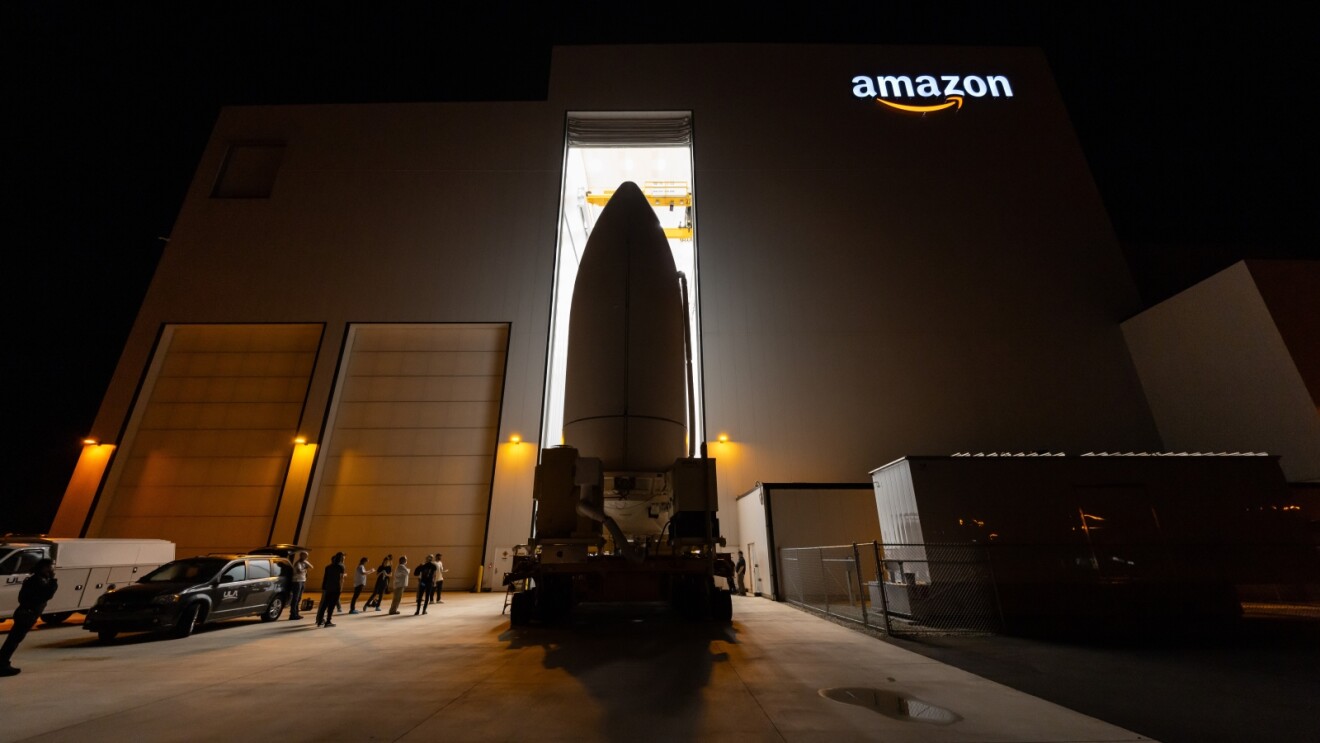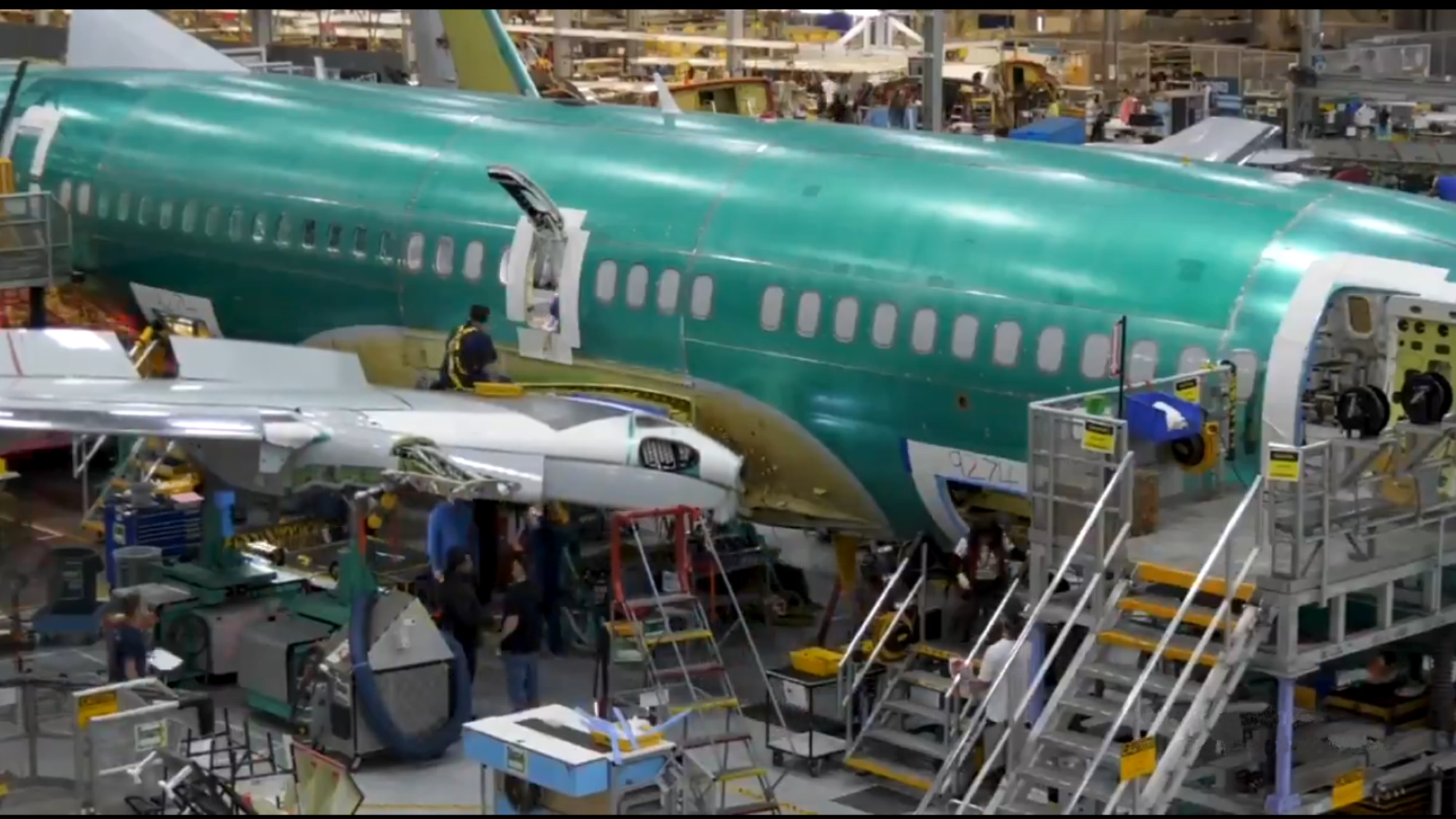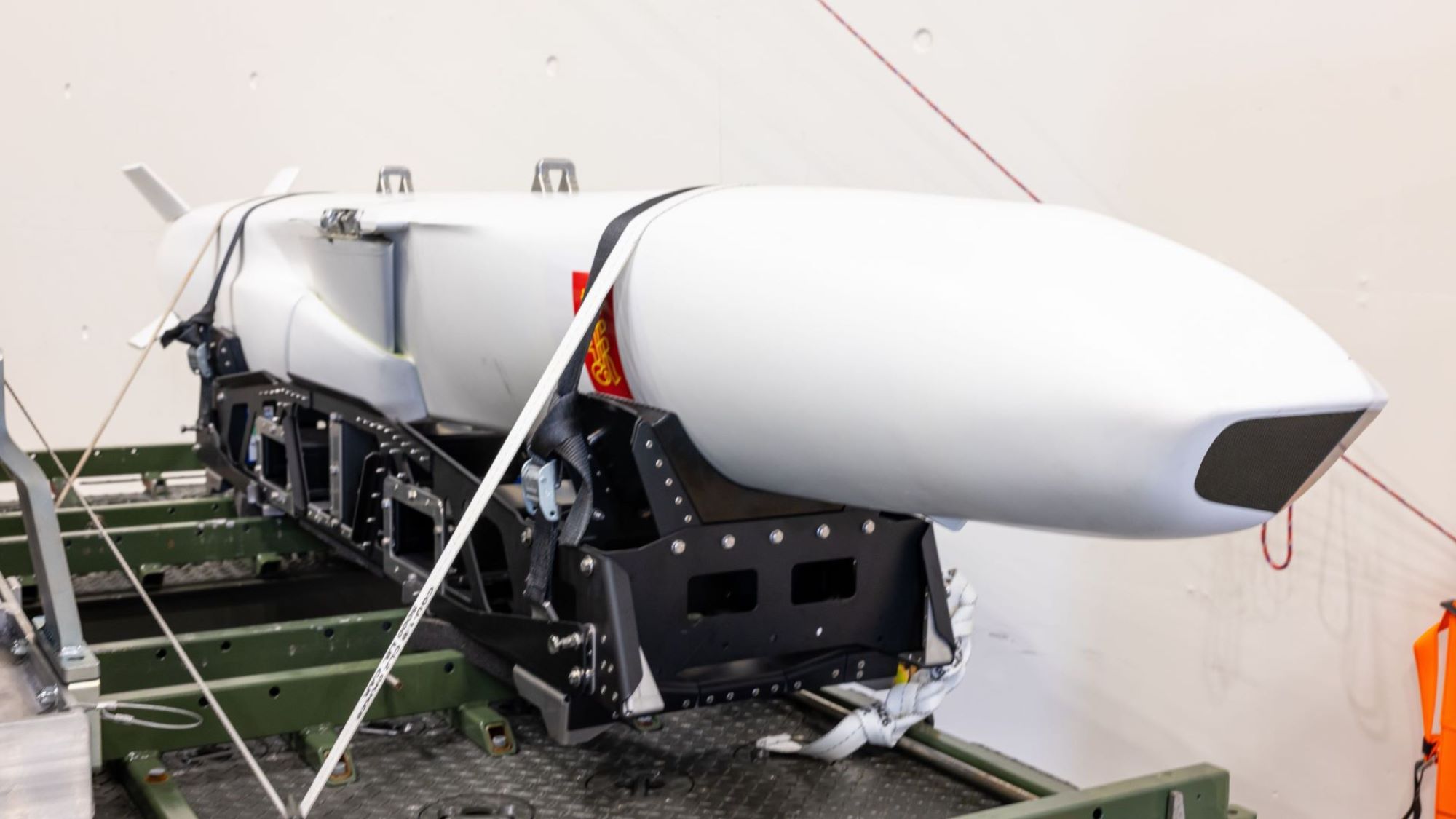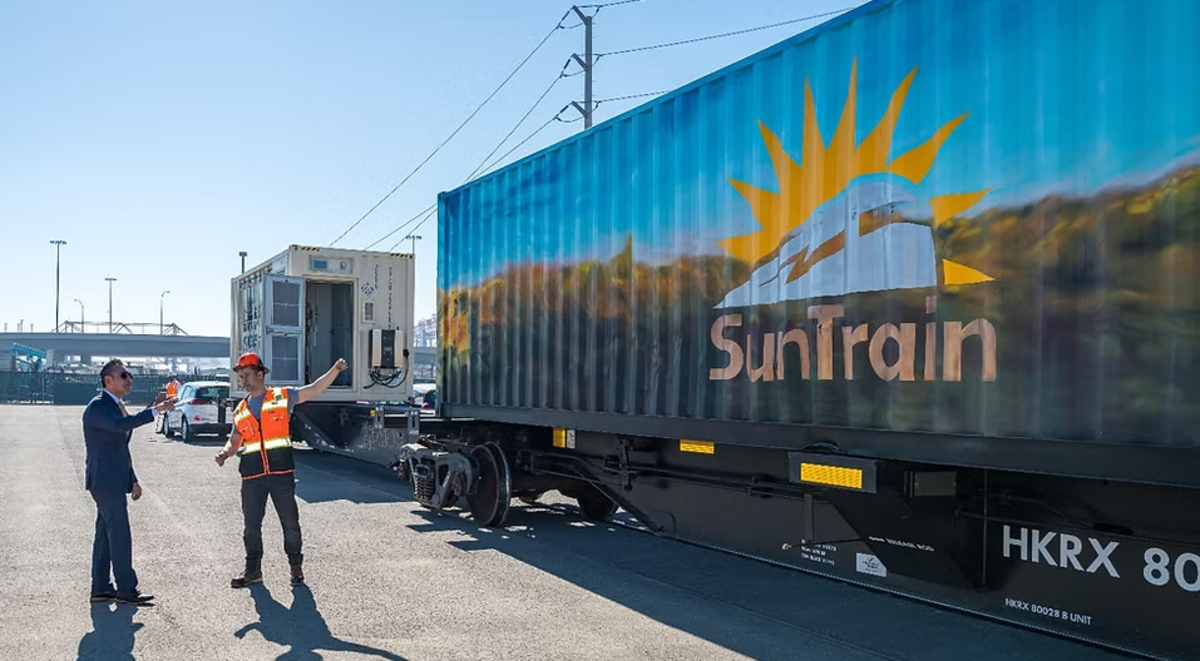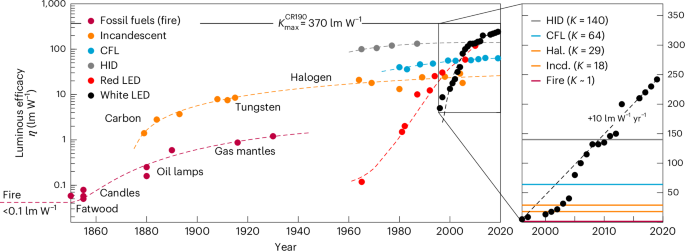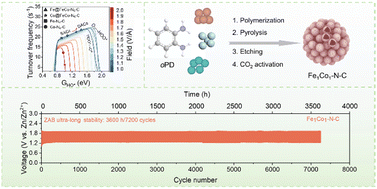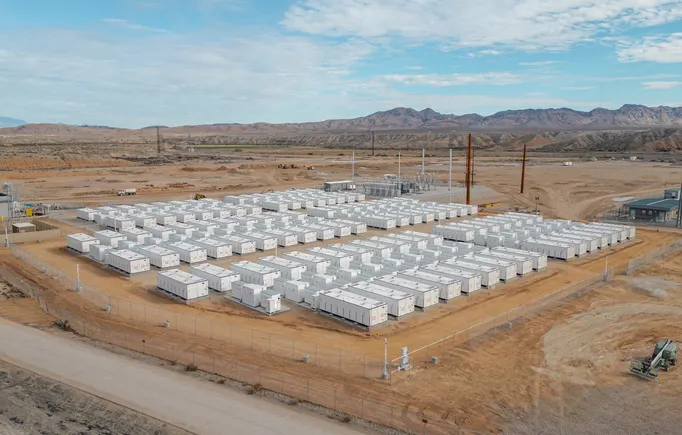Food inflation up in April amid rising labour costs
Food inflation rose in April, as the sector faced an increase in labour costs, according to the British Retail Consortium (BRC).
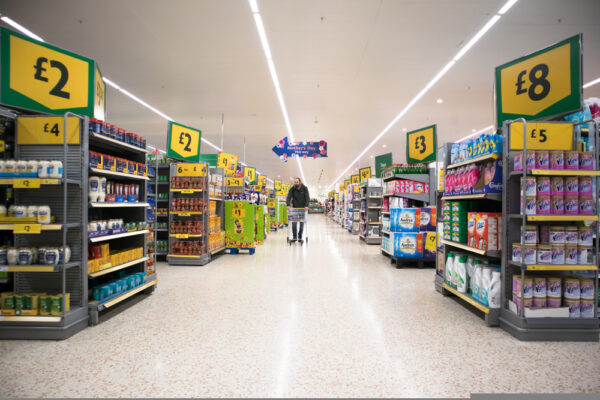
Food inflation rose in April, as the sector faced an increase in labour costs, according to the British Retail Consortium (BRC).
Overall shop price inflation nudged up to -0.1% year on year in April, for the period 1 to 7 April, compared to a -0.4% decline in March.
Non-food inflation jumped to -1.4% over the month from a decrease of -1.9% in March, while food inflation rose to 2.6% compared to growth of 2.4% the month prior.
Fresh food inflation sunk to 1.8% in April against growth of 1.4% in March. However, ambient food inflation remained unchanged at 3.7% over the period.
BRC CEO Helen Dickinson said: “The days of shop price deflation look numbered as food inflation rose to its highest in 11 months, and non-food deflation eased significantly.
“Everyday essentials including bread, meat, and fish, all increased prices on the month. This comes in the same month retailers face a mountain of new employment costs in the form of higher employer National Insurance contributions and increased NLW.
She continued: “Despite price competition heating up, retailers are unable to absorb the total impact of these £5bn of employment costs and the additional £2bn costs when the new packaging tax comes into effect in October.”
“It is crucial that poor implementation of the upcoming Employment Rights Bill does not add further pressure to costs – pushing prices further up, and job numbers further down.”
In March, the BRC reported that food inflation was due to rise throughout 2025, due to continuing pressures, including tax changes in April.
Earlier this month, the trade association also found that retailers faced a challenging March, as shopper footfall dropped across the UK, with economic uncertainty, a delayed Easter, and rising inflation all dampening consumer confidence.
Click here to sign up to Retail Gazette‘s free daily email newsletter














































